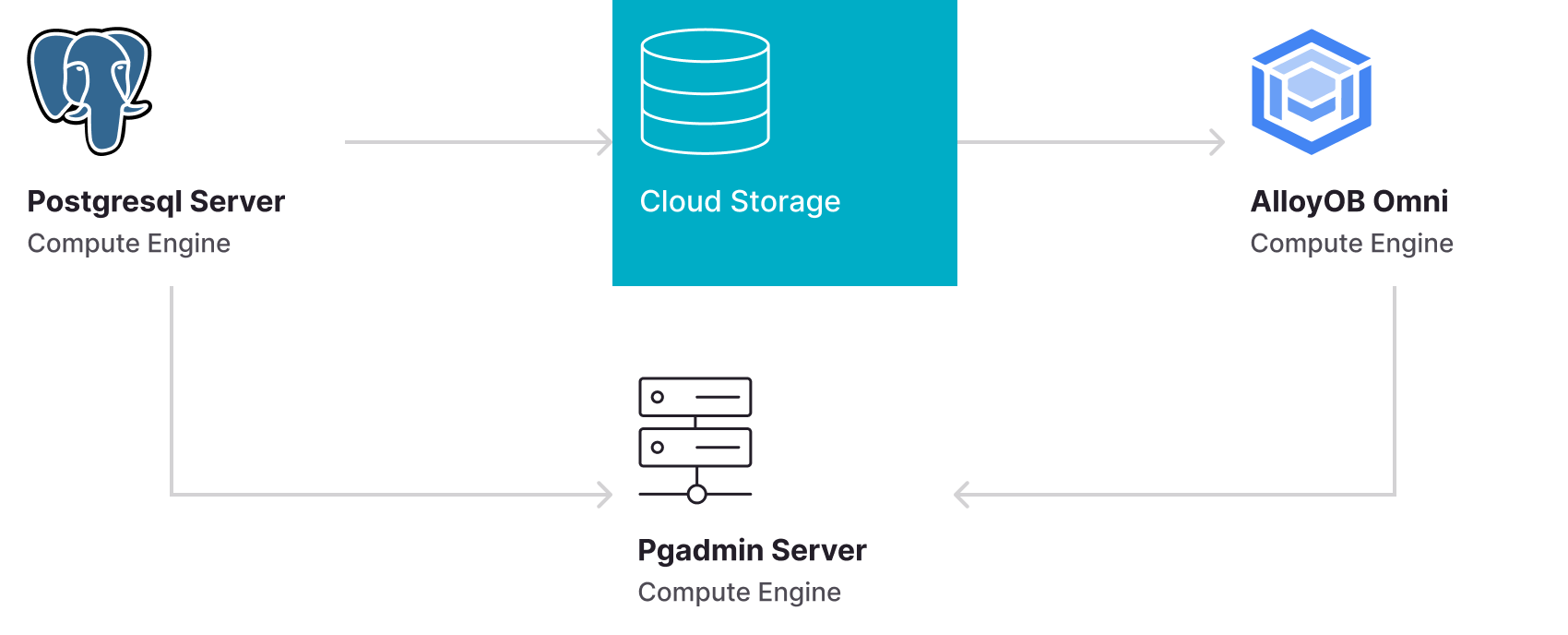In a world where computing is nearly synonymous with the cloud, many companies are using the cloud for some operational aspects; still, many companies are hesitant about this change and prefer to use PostgreSQL, which is a popular open-source relational database management system (RDBMS), known for flexibility and reliability. It is used by a wide variety of organizations, from small businesses to large enterprises.
One of the reasons for PostgreSQL’s popularity is its compatibility with other database systems. It can be easily integrated with other applications and software, making it a versatile choice for a wide range of workloads. PostgreSQL is also known for its security features, which make it a good choice for storing sensitive data locally and on-prem.
The reasons why many of the customers still do not use cloud infrastructure are:
- They’re unwilling to update their legacy applications.
- They’re still not convinced that the cloud is secure.
- Cloud shifts might require too many organizational changes. With the typical IT structure consisting of groups of personnel split into compute, network, and storage, it can become difficult to migrate to the cloud in one go while also keeping up the production databases. Hence, hybrid cloud migration is needed for all customers new to the cloud ecosystem.
- They’re unsure if the cloud complies with their industry regulations. Especially for organizations that handle extremely sensitive data.
- Workloads may be restricted to on-premises data centers to meet regulatory or data sovereignty requirements, or you may be running applications at the edge, such as at a retail store.
However, PostgreSQL is not without its limitations. It can be difficult to manage and scale, and can be slow for some types of queries.

In 2023, Google Cloud released AlloyDB Omni, a new database service that is based on PostgreSQL. AlloyDB Omni is designed to address the limitations of PostgreSQL while still maintaining its compatibility and flexibility.
AlloyDB Omni is a downloadable edition of AlloyDB for PostgreSQL that you can run on your own premises, at the edge, across clouds, or even on developer laptops. It is powered by the same engine as the cloud-based AlloyDB for PostgreSQL service and offers the same high performance, PostgreSQL compatibility, and Google support.
AlloyDB Omni is more than 2x faster than standard PostgreSQL for transactional workloads, and it is up to 100x faster for analytical queries. It also has a number of other features that make it a more powerful and versatile database system.
How AlloyDB Omni works
AlloyDB Omni runs in a container you install onto your environment using a command-line program provided by Google. AlloyDB Omni works best when running on Linux, with at least 16 GB of memory available and SSD storage for holding its data.
Your applications connect to and communicate with your AlloyDB Omni installation exactly as they would with an ordinary PostgreSQL database server. User access control relies on PostgreSQL standards, as well.
You can configure the behavior of AlloyDB Omni using the same database flags that are available to AlloyDB for PostgreSQL.

AlloyDB Omni offers the following advantages over PostgreSQL:
AlloyDB Omni is fully compatible with PostgreSQL, so existing PostgreSQL applications can be migrated to it without any changes. It also supports the standard PostgreSQL features, such as triggers, stored procedures, and functions.
The key advantages of AlloyDB Omni over PostgreSQL are
| Feature | PostgreSQL | AlloyDB Omni |
| Open source | Yes | No |
| Columnar engine | No | Yes |
| Index advisor | No | Yes |
| Automatic memory management | No | Yes |
| Adaptive autovacuum of stale data | No | Yes |
As a result of these improvements, AlloyDB Omni is quickly becoming the preferred database solution for many organizations.
The story of PostgreSQL and AlloyDB Omni is a story of innovation and progress. PostgreSQL was a groundbreaking database system that revolutionized the way data is stored and managed. AlloyDB Omni builds on that foundation and takes it to the next level, providing organizations with a more powerful, versatile, and performant database solution.
In conclusion, AlloyDB Omni is a powerful and flexible database solution that can be used for a variety of demanding workloads. It is an excellent choice for businesses that need a high-performance, scalable, and cost-effective database. You can find more information about AlloyDB Omni in our next blog post.
To take a deeper dive into AlloyDB Omni, features, read our next blog in the series.






